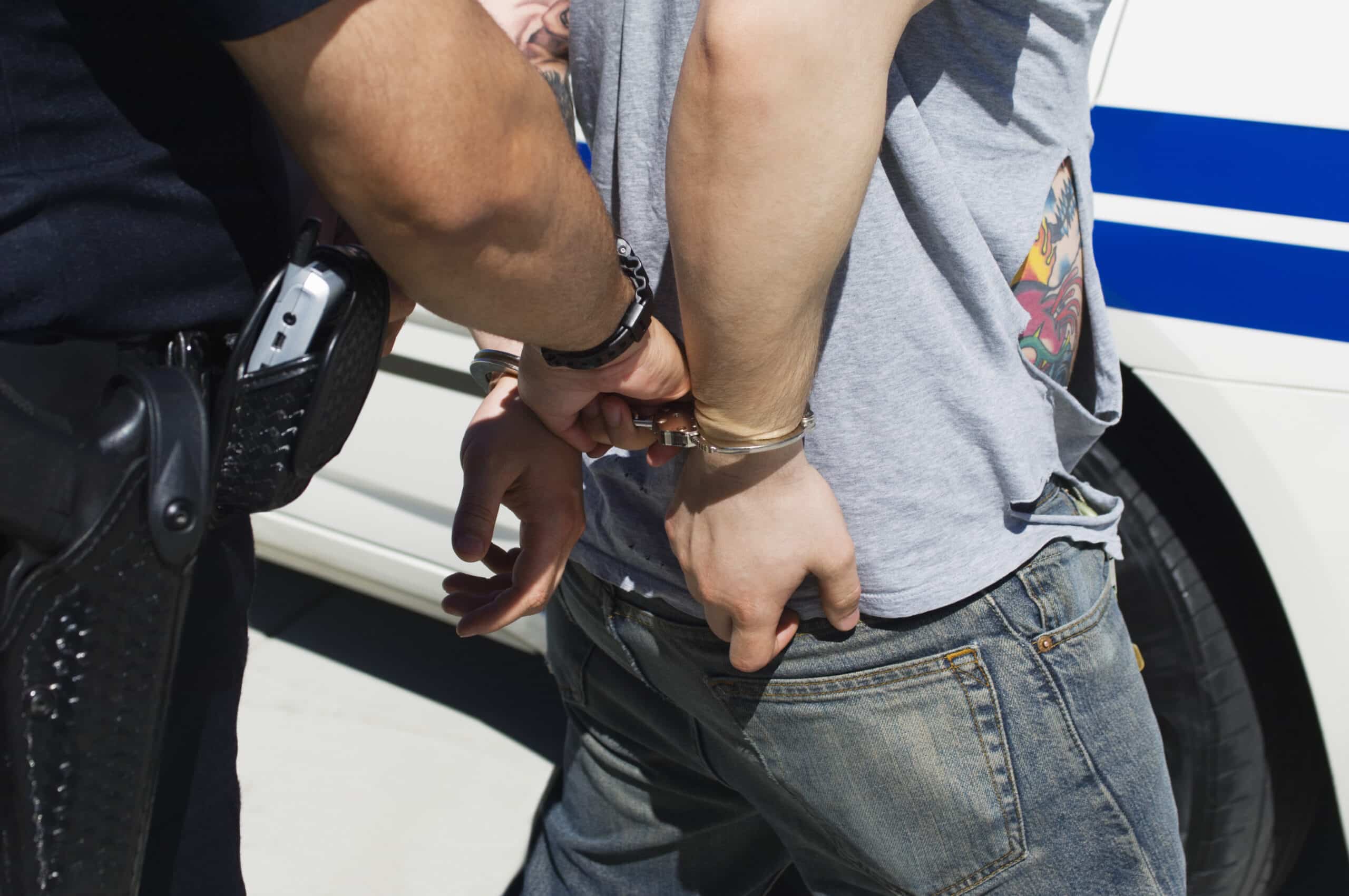Whether you already expunged a criminal offense years ago or are considering initiating the expungement process today, you might wonder how it works if you get in legal trouble again. In particular, what happens to your expunged records if you’re arrested again in Louisiana?
The short answer is that the expunged offense will remain hidden from public view, but it can be used by the criminal court to determine the outcome of your case after your recent arrest. Consider what expungement means in Louisiana and what to expect as you face new charges in the criminal justice system.
What Should You Know About Expungement?
First, knowing what happens to expunged offenses in this state is important. The expungement process involves sealing a criminal offense from public view so it cannot be used against you in certain situations. For example, an expunged offense won’t appear on a background check if you’re applying for housing or employment. So, if you’re tired of a past felony or misdemeanor conviction keeping you from finding a job or home, you should consider expungement.
You’ll need to talk to Louisiana criminal defense lawyers to find out if you’re eligible for this legal process, as not everyone is. Eligibility depends on the crime you were arrested for, how long ago it was, and whether you’ve avoided legal trouble since then.
More specifically, you may be able to expunge a misdemeanor if it’s been longer than five years since the conviction was set aside or you completed your sentence. You may be able to expunge a felony if it’s been at least ten years since your conviction was set aside or you completed your sentence and haven’t been charged with a crime since then.
However, certain crimes are not eligible for expungement in Louisiana. These usually include sex crimes, domestic abuse, distribution or manufacture of drugs, crimes against minors, and violent crimes that severely hurt or killed someone. Talk to a criminal defense lawyer to determine if your conviction qualifies for expungement.
What Happens If You’re Arrested After Expungement?
If you’ve successfully expunged one or more crimes from your record but were arrested again since then, you may be worried about what happens next. Rest assured that the expunged crime will not be reversed, meaning it will still be invisible to employers and landlords during a background check.
However, law enforcement and the criminal court can use your expunged crime against you after a new arrest. This is because they can still view expunged records, so they will see that you were previously convicted of a crime.
They can use this knowledge to argue in court that you have a pattern of breaking the law, as the recent arrest is not your first. This can allow them to request more severe penalties for the new charges against you. So, maybe you would have been eligible for probation instead of jail time if you had no prior convictions, but after seeing your expunged offense, a judge could sentence you to mandatory jail time. This is why it’s imperative that you hire an experienced criminal defense attorney to fight for you after your arrest.
Who Can See Expunged Offenses?
Police officers and court judges are not the only people with access to expunged records. Certain professional organizations can also view expunged offenses.
For instance, if you’re applying for a professional license from a state licensing board in industries such as healthcare, social work, law, childcare, or finance, they can take your expunged crimes into consideration before issuing you a license. Employers in those industries may do the same when deciding whether to hire you.
If you’re thinking about getting a past offense expunged, you should hire a lawyer to find out if you’re eligible first. Talking to Louisiana criminal defense lawyers is especially important if you already have an expunged record but face new criminal charges after a recent arrest. You deserve the opportunity to clear your name in court, and Keith T. Whiddon, Attorney at Law, LLC will assist with this. Call our Monroe law firm today at 318-594-3592 to schedule a free consultation with skilled, caring lawyers.


 Call Us Now
Call Us Now Email Us Now
Email Us Now

